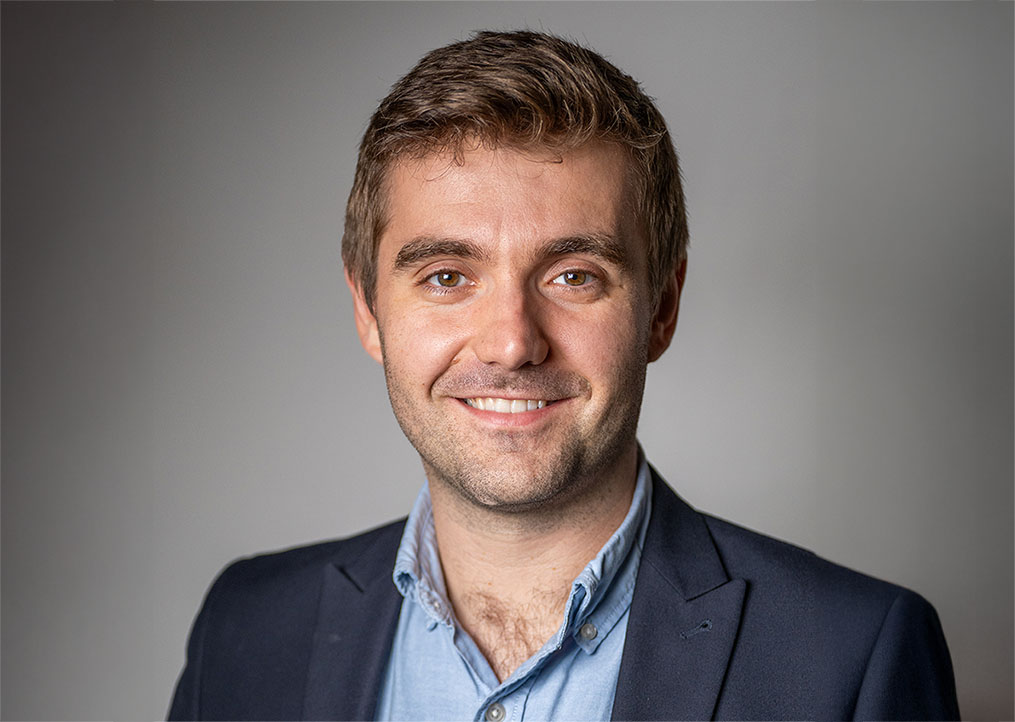Thursday 9 October 2025
Professor Robert House to Lead £3M Faraday-backed 3D-CAT Battery Project
Keble Fellow Professor Robert House is the Principal Investigator of 3D-CAT, a new £3 million project backed by the Faraday Institution aiming to revolutionise lithium-ion battery cathode technology.
 Image credit Robert Spanring
Image credit Robert Spanring
The University of Oxford is working in collaboration with UCL and a consortium of industry partners to develop high-performance cathode materials that avoid reliance on cobalt and nickel — elements fraught with cost, environmental and supply chain challenges.
3D-CAT will focus particularly on lithium-rich disordered rock-salt materials. These promise high energy density but have so far struggled with poor rate performance (charge and discharge) and limited scalability.
Over the three years of funding, the team will progress from design, to prototype fabrication and validation. They will develop new fundamental understanding on the atomic-scale structure of these three-dimensional rock-salt materials, engineer optimised particles, and develop scalable manufacturing routes.
Professor House commented:
“To gain a competitive edge in the global battery race, the UK needs to develop novel Li-ion cathode materials that can be made using locally sourced minerals. The 3D-CAT project will deliver on this mission by leveraging world-class science and our expert industry partners to develop a new class of high-performance 3D cathodes for the British battery industry.”
Professor House specialises in novel sustainable energy materials, particularly for electrochemical energy storage. His group’s prior work spans lithium and beyond-lithium battery chemistries, using advanced scattering techniques to probe ion transport and structure–function relationships.
